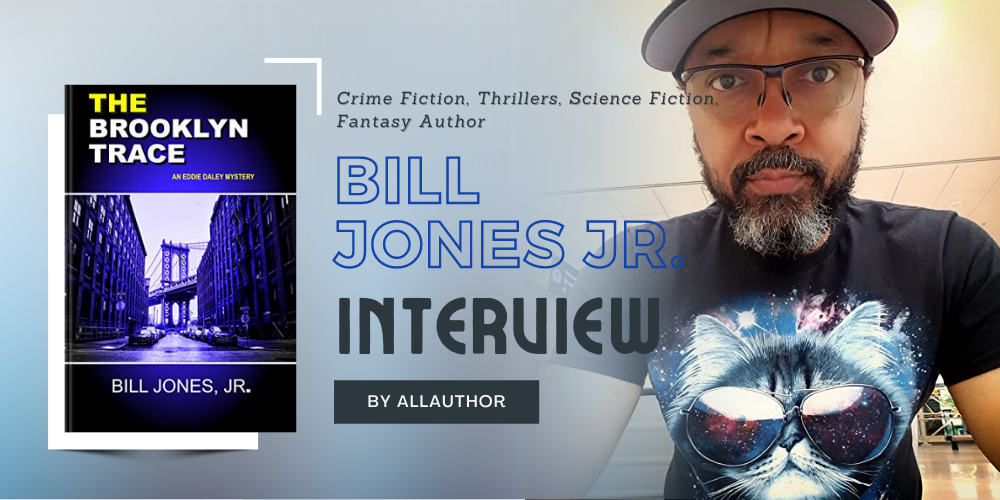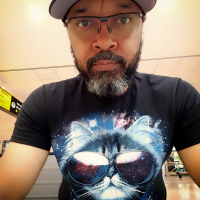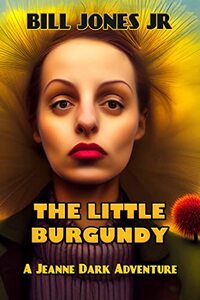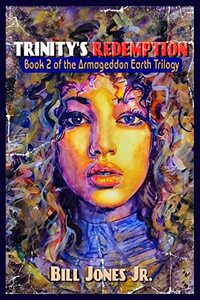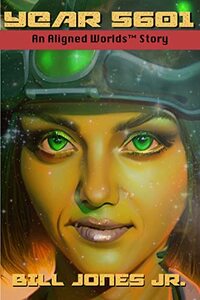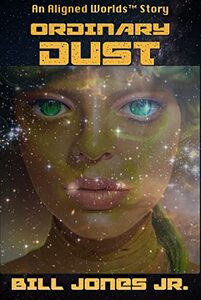Born in Washington D.C., which is your most cherished childhood memory?
My childhood was a little tough, so coming up with cherished memories is difficult. Probably my favorite memory was living with my great aunt in Washington. She was a high school chemistry teacher. After we’d been there awhile, she began to trust my sister and me. So, after a time, she would give us her answer key and my sister, who was 11, and I, who was 10, would grade her student’s homework and tests. My sister and I thought it was hilarious, knowing how mad the kids would have been to discover we were their secret assistant teachers.
What are some interesting experiences you've had as a teen?
Probably just attending music concerts. Back when I was a teen, concert tickets for a top-name act would only be around $6 US. So pretty much anyone who came to town, I would see. I saw Prince perform a couple of times, as well as other great artists. Other than that, I was mostly a homebody.
Were you an avid reader as a child? Do you still read books?
I was an avid reader of fiction until I was around 10. Then I switched to mostly non-fiction. I’d taught myself to read at age 4, and we had plenty of encyclopedias, so I was always fascinated by information. Now, I still read, but as a writer, it’s impossible for me to read as just a reader. I’m constantly analyzing, critiquing, and rewriting in my head. As a result, I tend to still read mostly nonfiction. It’s less work.
How did you discover that you wanted to be a writer?
I started as a poet, having been exposed to street and spoken-word poets. Around age 20, I tried my hand at writing short stories, and frankly, was terrible at it. I kept writing poetry and got published, but stayed away from fiction. In my day job, however, I spent years doing technical and proposal writing. That’s how I learned to write efficiently. When I tried fiction again, after many years, I found I loved it. More importantly, learning to write business proposals had taught me the fundamentals of story writing. Once I had that down, I was hooked.
What motivated you to pen your first novel?
A romantic breakup, to be honest. My first marriage had ended, and I heard of NaNoWriMo (National Novel Writing Month) for the first time. On a lark, I tried it, even though I was a week late. I LOVED it. I wrote for three months straight, and when I was done, I’d penned the first two books of The Stream series. They are about dreams, imagination, and fantasy. Mainly, I think I was giving myself an escape.
How did you begin writing The Stream Series?
I’d written a humorous short story about a weird dream I remembered from my childhood. I let a friend read it, and she was laughing out loud. When NaNoWriMo 2009 came around, I decided to turn that story into the first chapter of a book about dream walking. That led immediately to book two, which I wrote right after finishing the first book, and the Stream Series is the result.
What, in your opinion, are the most important elements of good writing?
To me, it’s having characters who are well-defined and interesting enough to spend time with. I don’t want to read a book filled with characters I don’t want to get to know. After that, plot is crucial—knowing good pacing, being able to tell a great story, and closing plot holes. Too many writers leave unintended puzzles in their books. Puzzles should be answered, and in ways that make sense given the universe the writer has created. Finally, the technical aspects matter. Grammatical and spelling errors will take readers out of the story. It’s vital that you pay attention to the details.
Which is your favorite story in the collection, The Juice and Other Stories?
My favorite is “Mrs. What’s-Her-Name,” the story of a wife and mother with a traumatic brain injury, and who, during her rehabilitation, discovers things about herself than she would rather have stayed forgotten. It’s about looking at yourself in the mirror, with fresh eyes, and deciding whether whom you have been should be the same as who you will be.
What is the most ideal ambiance for you to write in?
My office: quiet, with soothing music, and no disturbances. If I’m editing, my wife is often in the room with me, creating art. (She’s a professional artist.) Dual creativity helps too.
How did you come up with the fascinating ideas in the novel, Beyond the Farr Road?
Beyond the Farr Road is a collection of sci-fi stories, with its centerpiece being the novelette, “The Farr Road.” It was based on a what-if I had: What if human society looked more like bonobo (cooperation centric) than chimpanzees (conflict centric)? It set up a world with a profoundly different social strata. I placed in a traditional male-centric character as the main character, in confrontation with these bonobo-like Farrans, and the story, is the result. The Farr Road is the central story from which all of my Aligned Worlds books have emerged.
Which option do you prefer, reading some books or watching movies adapted from them?
I would rather read the books. It’s easy to create brilliant movies from novellas, but it seems hard to squeeze the dynamics of a full book into a single movie. The movies end up being disappointments.
If you could improve one thing about your writing, what would it be and why?
I would love to be as fluid as I am while being much more concise. I’m not overly wordy, but people seem to be looking for tweets more often than they’re looking for War and Peace. Being concise and fluid is the perfect balance.
What one tip changed your writing forever?
I’ve had the advantage of not learning to write in school. Learning in a corporate environment taught me what not to write. If you can remove a word, a sentence, or a paragraph without changing the story, do so. When you write to a tightly designated space, you learn not to fill your prose with fluff. I’ve always found that to be helpful.
What are your plans for the future as a writer? Are you working on anything new?
Writing is a gem. Selling is brutal. At this stage, I am content to sell the 16 books I’ve had published. I still write, and have finished a new novel in 2021 and am midway through another short fiction collection. These and future books, however, will be for close friends and fans. My plans are to leave as many books for my grandchildren as I can. Let’s hope they like to read.
